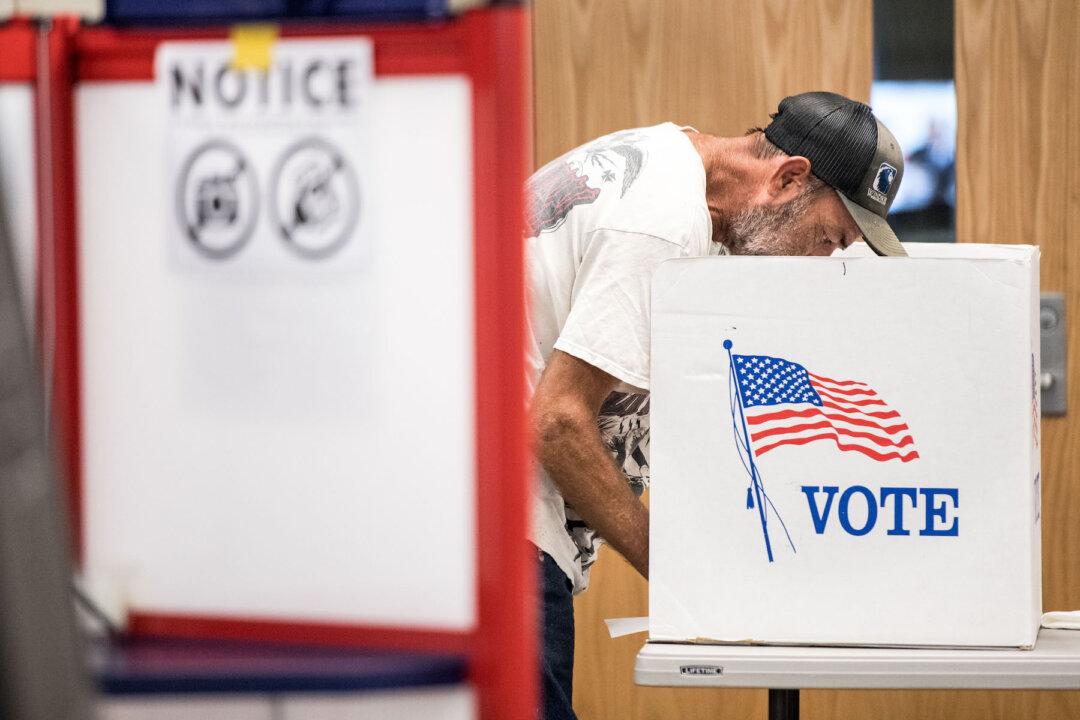A federal judge is set to temporarily block a photo identification requirement in North Carolina that was scheduled to start in 2020.
The North Carolina law would have required people to show a photo ID before voting at the ballot box. It also would allow people lacking photo ID to get a free ID card or to fill out a form while voting to explain their “reasonable impediment” to obtaining one.




